The United States Department of Agriculture (USDA) recently launched the SUN Bucks program, which aims to help families with school-aged children throughout the summer months. The program provides a one-time payment of $120 per child in food stamps to assist households in covering increased shopping expenditures while school meals are absent.
By addressing this gap, SUN Bucks hopes to ensure that children have access to nutritious and balanced meals even outside of the school year. During the summer, households that rely on school meal programs frequently suffer financial difficulties as food prices climb. The project intends to alleviate this load by focusing on children’s nutritional well-being during the vacation season.
Who qualifies for the SUN Bucks food stamps program?
Households receiving SNAP benefits are immediately eligible for SUN Bucks. Each child in the household will receive a $120 voucher, with no further application requirements.
Families receiving assistance from programs such as WIC (Women, Infants, and Children), TANF (Temporary Assistance for Needy Families), and FDPIR (Food Distribution Program on Indian Reservations) are also eligible. These programs ensure that assistance reaches low-income families, broadening the scope of SUN Bucks’ benefits.
Children in school meal programs
Children who participate in the National School Lunch Program (NSLP) or the School Breakfast Program (SBP) are eligible, as long as their family income qualifies them for free or reduced-price meals. Importantly, even if a family is not enrolled in SNAP, they may still be eligible if their income meets the standards.
How the SUN Bucks payment works
The process of accessing and using SUN Bucks is straightforward, designed to minimize complications for eligible families:
- Payment amount: Each eligible child receives a one-time payment of $120.
- Funds distribution: For families already using a SNAP EBT card, the funds will be loaded directly onto the existing card. Those without a card will receive a new EBT card specifically for this program.
- Spending deadline: Families must use the funds within 122 days of issuance. Unlike regular SNAP benefits, these funds do not roll over to subsequent months, emphasizing the importance of timely utilization.
This simplicity ensures that families can focus on meeting their children’s nutritional needs without navigating complex procedures.
The role of SUN Bucks in addressing food insecurity
For many families, school meal programs serve as an important safety net, ensuring that children obtain appropriate nourishment for growth and development. When schools stop for the summer, it can put a huge financial pressure on families, especially in low-income neighborhoods where food budgets are already tight.
SUN Bucks tackles this seasonal difficulty by providing financial assistance designed specifically to pay the extra price of summer meals. Beyond individual households, this program exemplifies the USDA’s greater commitment to reducing food insecurity nationwide. The initiative’s goal is to enhance nutritional parity for children, particularly those from impoverished communities, by increasing access to nutritious food options.
SUN Bucks provides financial assistance that extends beyond immediate comfort, promoting improved long-term outcomes. Proper nutrition in youth is critical for physical health, cognitive development, and academic performance. This program helps the next generation’s general well-being by ensuring access to nutritious meals during the summer months.

Tips for maximizing SUN Bucks benefits
For families receiving SUN Bucks, strategic planning can help make the most of this financial support. Here are some practical suggestions:
- Plan your shopping trips: Create a list of essential, nutrient-rich items to ensure the funds cover the dietary needs of your household throughout the summer. Staples such as fresh produce, whole grains, and protein-rich foods are excellent choices.
- Take advantage of local deals: Many grocery stores and farmers’ markets offer discounts on seasonal produce or bulk items. Using the vouchers during sales can stretch the value of the funds even further.
- Monitor expiration dates: Keep track of the spending deadline to avoid losing unused funds. Planning purchases around this timeline ensures the full benefit of the program is realized.
- Involve your children: Teaching kids about nutritious food choices and involving them in meal planning can make the experience more engaging while reinforcing healthy eating habits.
In addition to these suggestions, families should stay aware about various options available in their communities. Food banks, food distribution programs, and local initiatives frequently supplement government funding, offering extra assistance during difficult times.
Looking ahead
Programs such as SUN Bucks highlight the significance of targeted approaches in combating food insecurity. While the $120 payment may not cover all summer food bills, it does provide significant help to those struggling to make ends meet. For many, this support is a lifeline, allowing them to devote their limited money to other vital requirements while without jeopardizing their children’s nourishment.
The USDA’s efforts through SUN Bucks demonstrate an understanding of the special problems that families experience throughout the summer months. This project not only relieves immediate financial strains by filling the vacuum left by the lack of school lunch programs, but it also contributes to the larger aims of equity and health in the United States.
As the initiative rolls out, families are encouraged to check their eligibility and take use of the available resources. Whether through thoughtful planning, community engagement, or access to additional resources, SUN Bucks allows families to endure the summer with better financial and nutritional stability.

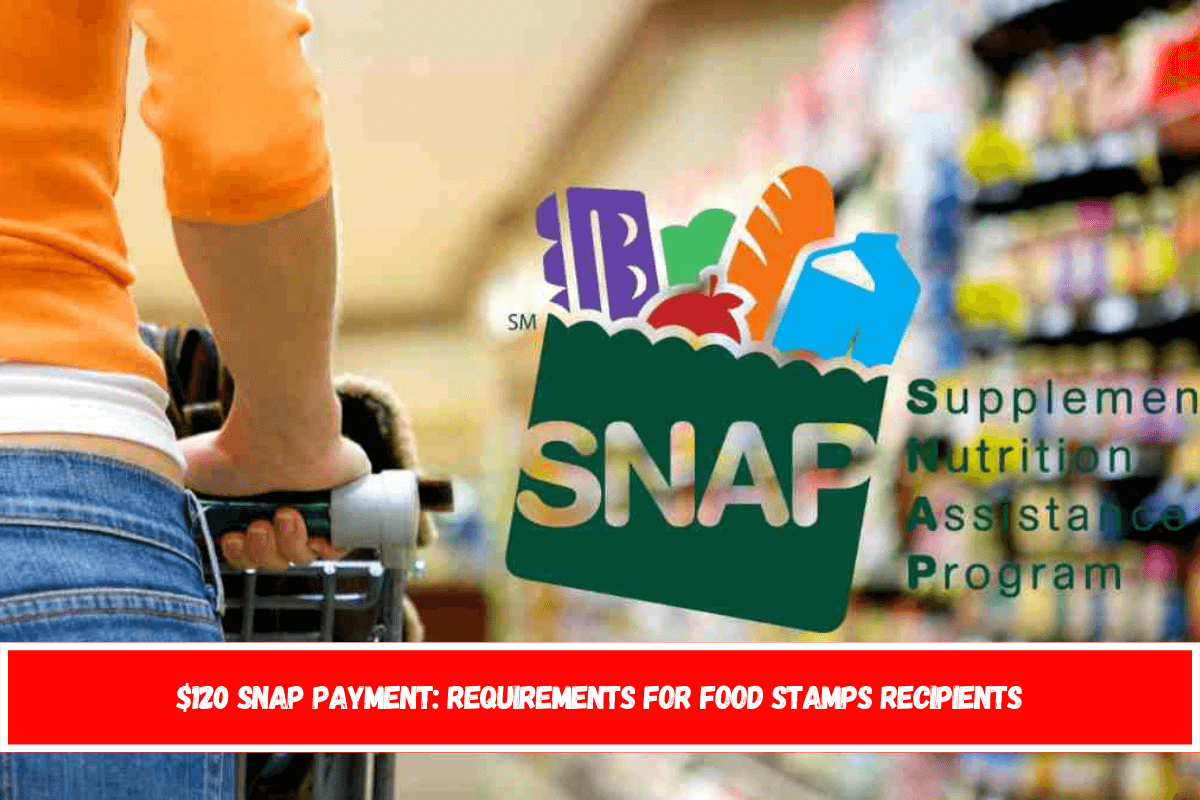
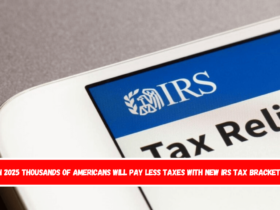




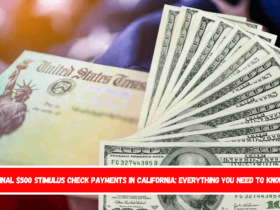
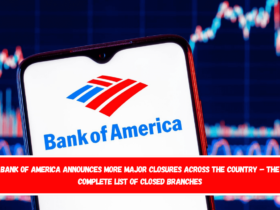
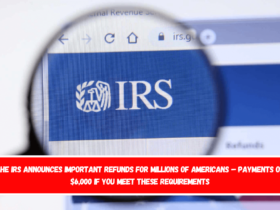

Leave a Reply